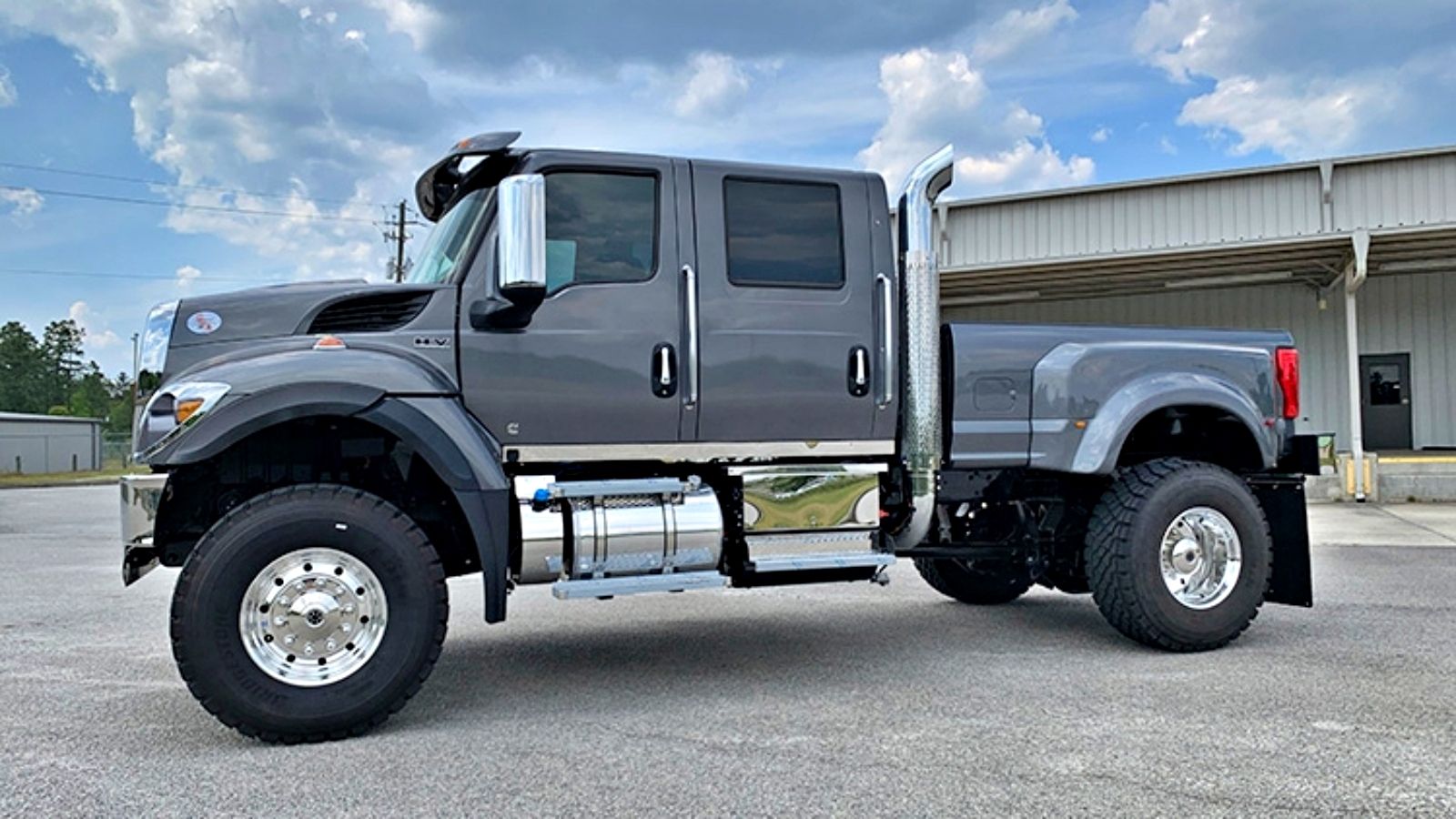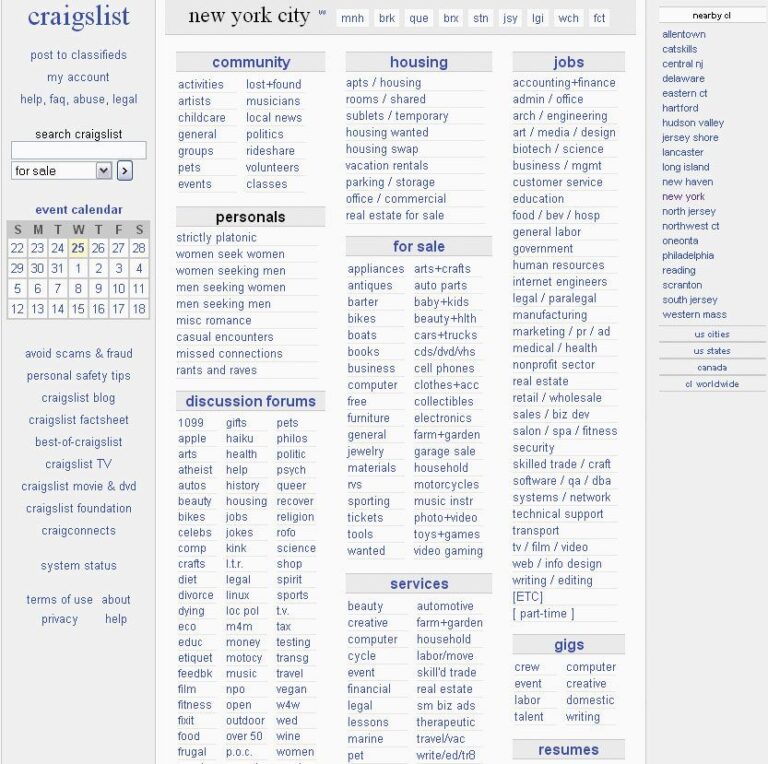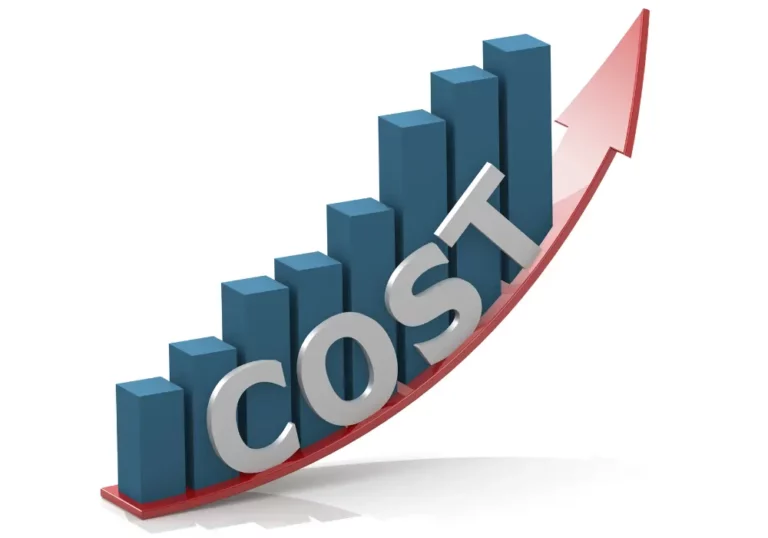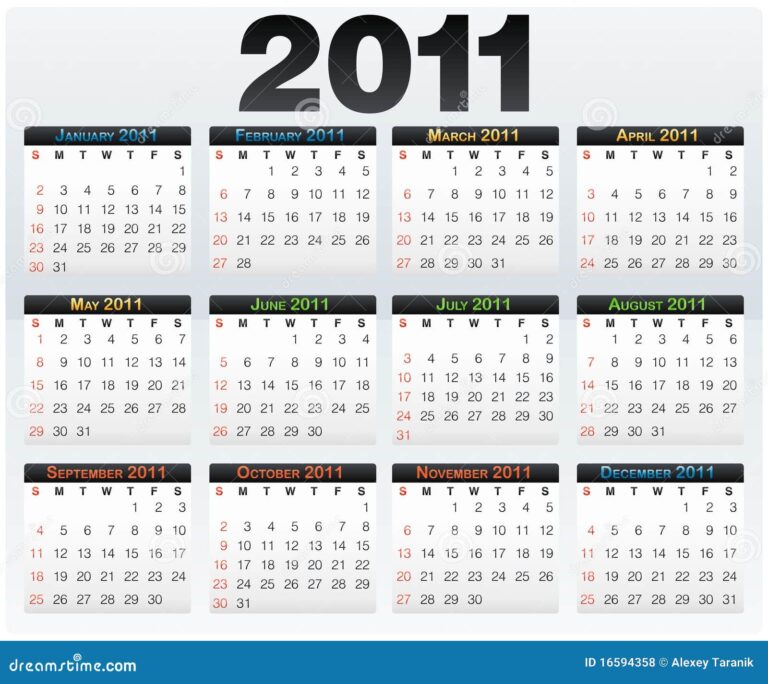Trucks For Sale: Navigating the "Take Over Payments" Option
Trucks For Sale: Navigating the "Take Over Payments" Option cars.truckstrend.com
In the dynamic world of vehicle sales, traditional financing isn’t always the only path. For those seeking an alternative to conventional loans or looking to offload a vehicle without the hassle of a direct sale, the concept of "Trucks For Sale Take Over Payments" has emerged as a compelling option. This method, often misunderstood, can offer significant advantages for both buyers and sellers when navigated correctly. Far from a simple handshake deal, a payment takeover involves a careful transfer of financial responsibility, often with the direct involvement of the original lender. Understanding its intricacies is crucial for a successful and secure transaction.
What Exactly Does "Take Over Payments" Mean?
Trucks For Sale: Navigating the "Take Over Payments" Option
At its core, "taking over payments" means that a new buyer assumes responsibility for the remaining balance of an existing auto loan on a truck. Instead of the buyer obtaining a brand-new loan, they effectively step into the shoes of the original borrower, continuing to make the monthly payments until the loan is fully satisfied. This isn’t merely a verbal agreement; for it to be legitimate and legally binding, the original lender typically must approve the transfer of liability from the seller to the buyer. Without lender approval and a formal assumption of the loan, the original borrower often remains legally responsible for the debt, even if someone else is making the payments.
This arrangement differs significantly from a standard sale where the buyer secures new financing or pays cash, and the seller uses those funds to pay off their existing loan. In a payment takeover, the existing loan itself is transferred. It’s a niche but powerful mechanism, particularly for trucks, which often carry higher price tags and, consequently, larger loan balances.
Why Consider Taking Over Truck Payments? (Benefits for Buyers)
For buyers, the "take over payments" model can unlock several attractive opportunities, especially for those who might face challenges with traditional financing or who seek a more accessible entry point into truck ownership.
- Lower Upfront Costs: Often, the most significant draw is the reduced need for a large down payment. While a seller might request a small upfront amount (e.g., to cover negative equity or simply for their trouble), it’s typically far less than the 10-20% required for a new truck loan.
- Potentially Lower Interest Rates: If the original borrower secured a loan with a favorable interest rate, the new buyer might benefit from that same rate, potentially saving thousands over the life of the loan compared to what they might get with a new loan in the current market.
- Access to Newer/Better Trucks: Buyers with less-than-perfect credit or limited savings might find themselves unable to qualify for a loan on a newer, well-equipped truck. A payment takeover can provide access to vehicles that would otherwise be out of reach.
- Credit Flexibility: While lender approval often involves a credit check, it can sometimes be less stringent than qualifying for a brand-new loan, especially if the original lender is keen to secure a responsible party for an existing asset.
- Faster Transaction: Once the lender approves the transfer, the paperwork can be relatively straightforward compared to negotiating a new loan, title, and registration from scratch.

Why Offer Your Truck for Payment Takeover? (Benefits for Sellers)
Sellers, too, can find immense value in offering their truck for a payment takeover, especially when facing challenging financial situations or struggling to sell through conventional means.

- Avoid Negative Equity: Many vehicles, especially newer ones, experience depreciation faster than the loan balance decreases. This results in "negative equity," where the truck is worth less than what’s owed. Selling traditionally would mean the seller has to pay the difference out of pocket. A payment takeover can circumvent this by transferring the entire loan.
- Faster Sale: This unique offering can attract a broader pool of buyers, particularly those looking for an easier entry point into truck ownership, potentially leading to a quicker sale than waiting for a cash buyer or someone approved for a new loan.
- Preserve Credit Score: For sellers struggling to make payments, a payment takeover can prevent missed payments, defaults, or even repossession, all of which severely damage credit scores. By finding a new party to assume the debt, the seller can protect their financial standing.
- Get Out of an Unwanted Payment: Life circumstances change. A seller might need to reduce monthly expenses, no longer need a large truck, or need to free up capital. A payment takeover provides a clean exit strategy.
- Wider Pool of Potential Buyers: The reduced upfront cost appeals to a demographic that might not qualify for traditional financing, expanding the market for the seller’s truck.

The Process: How to Navigate a Payment Takeover Deal
Executing a successful payment takeover requires careful steps from both buyer and seller, with the lender playing a pivotal role.
For Buyers:
- Research the Truck and Loan Details: Obtain comprehensive information about the truck (make, model, year, mileage, condition, VIN) and, crucially, the loan (original loan amount, remaining balance, interest rate, monthly payment, remaining term, lender). Request proof of these details directly from the seller’s loan statements.
- Credit Check/Financial Assessment: Be prepared for the lender to conduct a credit check. Your financial stability and credit history will be scrutinized to ensure you’re a reliable borrower.
- Negotiate Terms: Discuss with the seller any upfront payment they might require (e.g., to cover minor negative equity, or a "finder’s fee"). Agree on who covers potential assumption fees charged by the lender.
- Lender Approval (Crucial Step): This is the most critical part. Contact the seller’s lender directly (with the seller’s permission) to inquire about their loan assumption policy. Not all loans are assumable. If it is, the lender will guide you through their application process, which will involve a credit application and financial review.
- Legal Documentation: Once approved by the lender, formal paperwork will be drawn up. This typically involves an "assumption agreement" or similar document where you officially take over the loan liability. The vehicle title will also be transferred into your name, though the lender will retain a lien until the loan is paid off. Ensure all documents are clear, legally sound, and understood.
For Sellers:
- Gather All Loan Documents: Have your original loan agreement, recent statements, and lender contact information readily available.
- Contact Your Lender: This is your first and most important step. Inform them of your intent to have someone assume your loan. Ask about their specific policies regarding loan assumptions. Be prepared for them to say it’s not possible, as many auto loans are not assumable.
- Price Your Truck Realistically: Consider the market value of your truck versus your remaining loan balance. If you have significant negative equity, you might need to ask for an upfront payment from the buyer to cover this difference, or you might have to pay it yourself.
- Vet Potential Buyers: Just as a lender would, assess the financial stability of potential buyers. Ask about their credit history, income, and ability to make the payments. While the lender will do their own check, your initial vetting can save time.
- Work with Lender for Formal Transfer: Once you have a serious buyer, facilitate their communication with your lender. Ensure all paperwork is completed and signed, and that the lender formally releases you from liability before handing over the keys and title. Do not rely on verbal agreements.
Key Considerations & Potential Challenges
While "take over payments" offers numerous advantages, it’s not without its complexities and potential pitfalls.
- Lender Approval is Paramount: This cannot be stressed enough. If the lender does not formally approve the loan assumption, the original seller remains legally responsible for the debt, even if the buyer makes the payments. If the buyer defaults, the seller’s credit will be impacted, and they could be sued for the remaining balance.
- Creditworthiness of Buyer: Lenders will rigorously scrutinize the buyer’s credit score, income, and debt-to-income ratio. If the buyer doesn’t meet their criteria, the assumption will be denied.
- Seller’s Continued Liability: Without a formal release of liability from the lender, the seller could face severe financial consequences if the new buyer defaults. Ensure the assumption agreement explicitly states the seller is released from the loan.
- Negative Equity: If the truck’s market value is significantly less than the loan balance, the seller might need to pay the difference as an upfront sum to the buyer, or the deal might not be viable.
- Condition of the Truck: Buyers must conduct a thorough pre-purchase inspection by an independent, certified mechanic. Since they are taking over an existing loan, they are also taking over any hidden problems the truck might have.
- Scams: Be wary of offers that seem too good to be true, requests for personal financial information without legitimate reasons, or pressure to complete a deal quickly without proper documentation. Always deal directly with the lender.
Tips for a Successful Payment Takeover
To maximize the chances of a smooth and beneficial transaction, both parties should adhere to these practical tips:
For Buyers:
- Do Your Due Diligence: Research the truck’s history (CARFAX/AutoCheck), get an independent mechanical inspection, and verify all loan details directly with the lender (with the seller’s permission).
- Understand All Terms: Don’t just focus on the monthly payment. Understand the remaining principal, interest rate, any late fees, and remaining loan term.
- Ensure Formal Transfer: Do not take possession of the truck or make payments until the lender has formally approved the assumption and all legal documents releasing the seller and transferring the loan to you are signed.
- Budget for Incidentals: Account for potential assumption fees, transfer of title fees, and any agreed-upon upfront payment to the seller.
For Sellers:
- Be Transparent: Provide all requested information about the truck and the loan accurately and honestly. Transparency builds trust.
- Know Your Loan Terms: Understand whether your loan is assumable and what the lender’s specific requirements and fees are for the process.
- Work Closely with Your Lender: Your lender is your primary partner in this process. They will guide the formal transfer of liability.
- Vet Buyers Thoroughly: While the lender will perform a credit check, an initial screening by you can save time and effort.
- Do NOT Hand Over Keys Without Formal Release: This is paramount. Ensure you are legally released from the loan by the lender before the truck leaves your possession permanently.
Summary Table: Key Information about "Take Over Payments"
| Feature | Description | Buyer Benefit | Seller Benefit | Potential Challenge |
|---|---|---|---|---|
| Definition | New party assumes responsibility for existing truck loan. | Access to trucks with lower upfront costs. | Avoid negative equity, faster sale. | Lender must approve; original borrower remains liable without formal release. |
| Lender Involvement | Essential for formal transfer and release of original borrower’s liability. | Ensures transaction is legitimate and loan terms are clear. | Releases seller from debt obligation. | Not all loans are assumable; lender may deny buyer based on credit. |
| Upfront Costs | Often minimal or zero; may include agreed-upon payment to seller or assumption fees. | Significant savings compared to traditional down payments. | Attracts wider buyer pool. | Seller may need to pay buyer for negative equity or buyer may demand a discount. |
| Credit Impact | Buyer’s credit is used for assumption; seller’s credit protected if formal release occurs. | Opportunity for those with less-than-perfect credit (though lender approval still required). | Prevents negative credit events (e.g., missed payments, repossession). | Buyer’s credit will be impacted by new payments; seller’s credit at risk if no formal release. |
| Vehicle Condition | Buyer assumes existing vehicle condition. | Potentially quicker access to a vehicle. | Avoids needing to repair for sale. | Buyer must conduct thorough inspection to avoid inheriting problems. |
| Legal Agreements | Formal assumption agreement with lender, title transfer. | Legal clarity on new ownership and debt. | Legal release from debt. | Improper documentation can leave seller liable or buyer without clear ownership. |
Frequently Asked Questions (FAQ)
Q1: Is "Take Over Payments" legal?
A1: Yes, it is legal, but only if the original lender approves and facilitates the formal assumption of the loan by the new buyer. Without lender approval and the necessary legal paperwork, the original borrower remains legally responsible for the debt.
Q2: Will taking over payments affect my credit score?
A2: For the buyer, yes. When the lender approves the assumption, the loan will appear on your credit report, and your payment history will be reported. For the seller, if the lender formally releases you from liability, the loan will be removed from your credit report, protecting your score. If there’s no formal release, the loan will remain on your credit, and any missed payments by the new owner will negatively impact you.
Q3: Can I do this with any auto loan?
A3: No. Many auto loans are not assumable. Lenders typically have specific policies, and it’s entirely at their discretion whether to allow a loan assumption. It’s crucial for the seller to contact their lender first to determine eligibility.
Q4: What happens if the buyer stops making payments after I’ve handed over the truck? (For Seller)
A4: If you were not formally released from liability by the lender, you are still legally responsible for the loan. The lender will pursue you for the payments, and your credit score will suffer significantly. The truck could be repossessed, and you could be sued for any remaining deficiency. This highlights why formal lender approval and release are absolutely critical.
Q5: What’s the difference between "take over payments" and "subleasing"?
A5: "Take over payments" (or loan assumption) typically involves a formal transfer of the loan liability and vehicle title to the new buyer, with lender approval. "Subleasing" (or "lease transfer") is common with leased vehicles, where a new party takes over the remaining lease payments. However, some informal "take over payments" arrangements, especially those without lender approval, essentially function like a sublease where the original owner remains liable. It’s vital to distinguish between informal arrangements and formal loan assumptions.
Q6: Do I need a lawyer for this process?
A6: While not always strictly required, consulting a lawyer experienced in vehicle transactions is highly recommended, especially for the seller, to ensure you are fully released from liability and all paperwork is legally sound. For buyers, a lawyer can review the assumption agreement to ensure your rights are protected.
Conclusion
"Trucks For Sale Take Over Payments" represents a valuable, albeit complex, alternative in the vehicle market. For buyers, it offers a pathway to truck ownership with potentially lower upfront costs and favorable interest rates. For sellers, it can be a lifesaver, providing a means to exit an unwanted loan, avoid negative equity, and protect their credit. However, the success and security of such a transaction hinge entirely on meticulous due diligence, clear communication, and, most importantly, the direct involvement and formal approval of the original lender. By understanding the process, benefits, risks, and essential safeguards, both parties can navigate this unique opportunity to their mutual advantage, turning a challenging situation into a win-win scenario.





